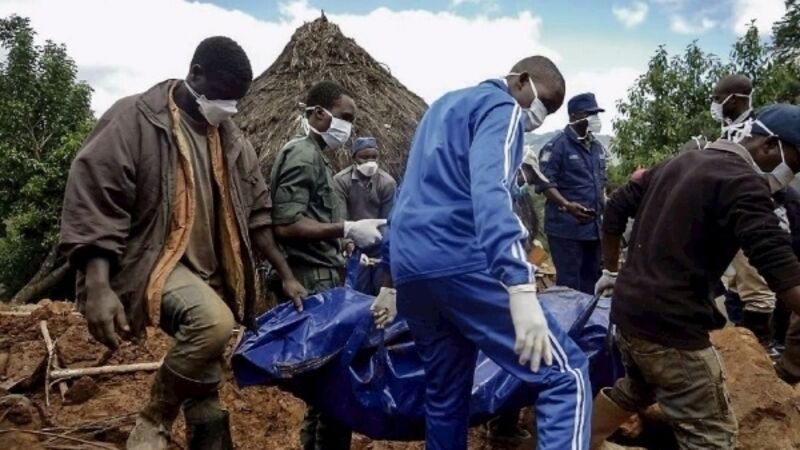No safety nets in wake of devastating cyclone

Zimbabwe has endured many crises but this is the worst natural disaster to ever hit the region and it will take years to rebuild homes and lives, says Sarah McCan.
Here in Masvingo, in eastern Zimbabwe, I’ve witnessed first-hand the devastation of cyclone Idai, which hit southern Africa.
















